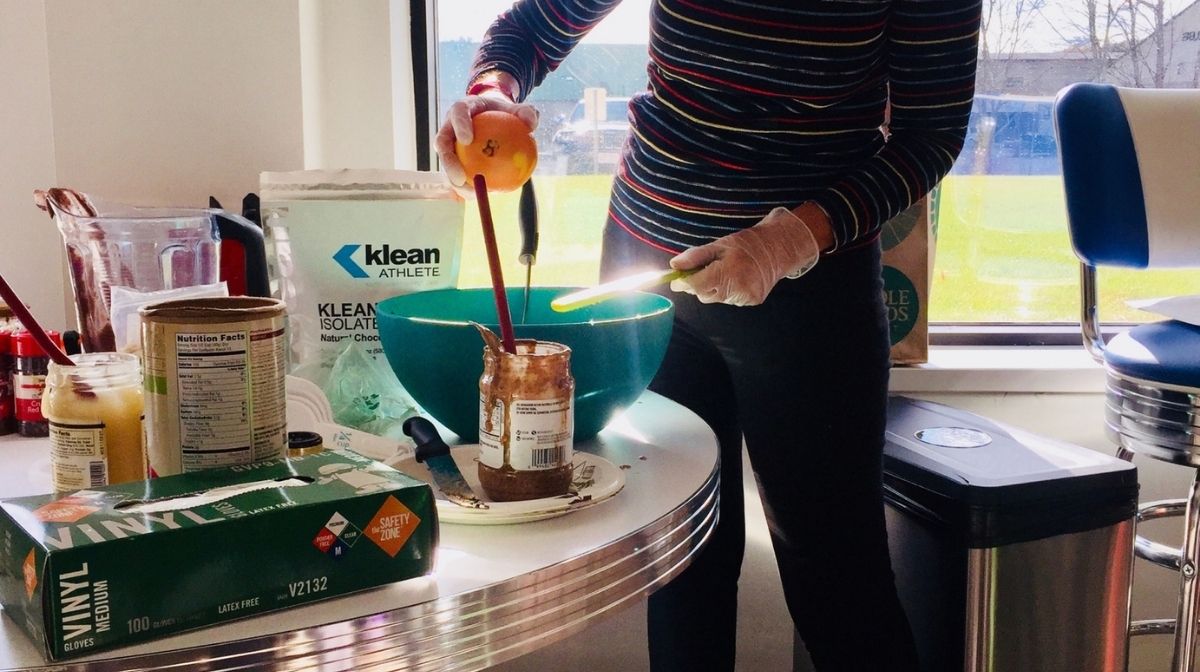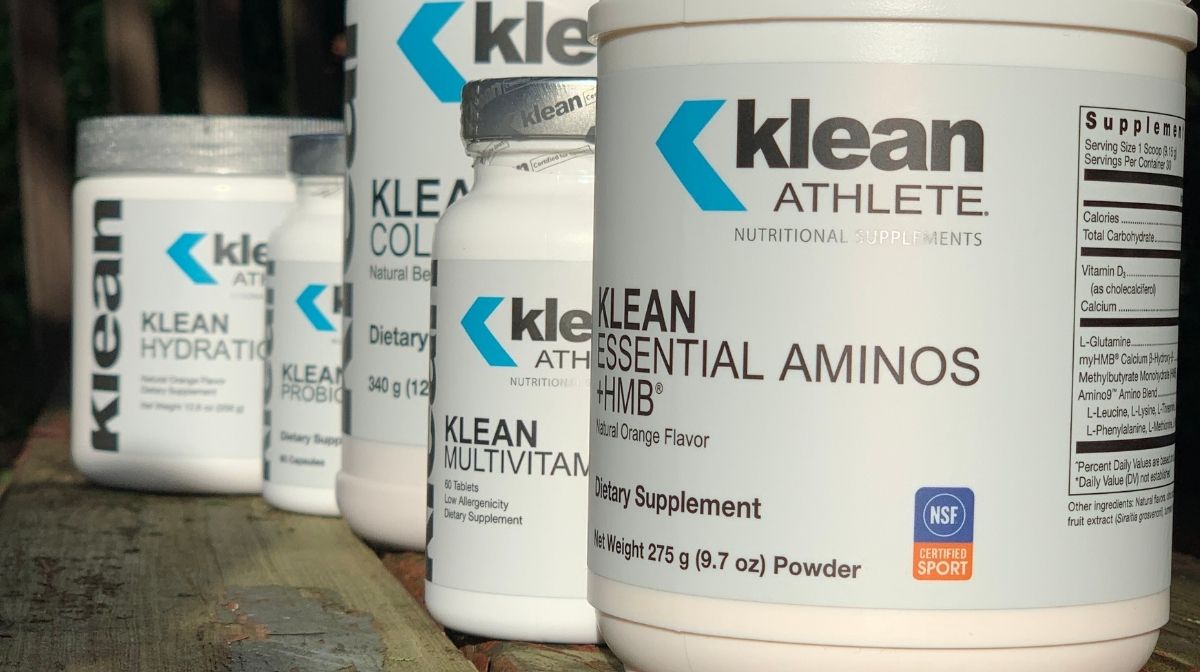Cheat Days: The True Impact on Your Goals
There’s a chance that a strict nutrition plan could lead to strong food temptations. These temptations can make following a diet challenging, which is why many athletes opt for cheat days as a compromise.
But the concept of cheat days raises a lot of questions; how often should you allow yourself one? How many calories should you be stretching to? And how do you make sure you get yourself right back on track?
How Often Should You Have a Cheat Day?
Everyone’s goals are different, so there’s no single answer here, but most people will go for one cheat day per week.
Some people prefer ‘cheat meals’ instead, which allows them to create a more balanced day with a mix of healthy and more indulgent meals and snacks. Many find this a less intimidating approach, as it means you can effectively have more ‘cheat foods’ across a few days, rather than being restricted to just one day a week.
How Many Calories Should You Eat on a Cheat Day?
As everyone’s calorie intake and dietary requirements are different, there’s no exact number for calorie consumption on a cheat day. However, it’s recommended that you shouldn’t exceed 150% of your usual calorie intake for the day.
It’s suggested that you would have to overeat by 500 calories a day to gain one pound of fat a week, meaning your occasional cheat day really shouldn’t make too much of a difference to your goals overall.
What Should I Treat Myself to on a Cheat Day?
One of your best options to indulge in on a cheat day is carbs. Meals that are high in carbs but low in fat are great choices, as they could actually help to increase your metabolism.
When you’re dieting, your leptin levels can decrease, which can force your metabolism to slow. Luckily, leptin is present in carbs, meaning comfort food favourites like pasta, potatoes, and bread are all top cheat day choices.
Protein-packed meals are another great choice. If bacon, sausages, or burgers are what you’re craving, go for it. Indulging in a high-protein diet for the day is also potentially another way of increasing your resting metabolism.
The most important thing is to stick to the same types of foods on your cheat days. A more consistent approach can help support your gut health, so try not to mix too many unhealthy foods in one day.
Foods to Avoid on a Cheat Day
We’d advise steering clear of processed foods on a cheat day. Although they can be tempting, processed foods are made from refined and artificial ingredients, and can contain extremely high levels of preservatives and sugar.
Instead, try satisfying your sweet tooth with a freshly baked cookie or muffin from your local bakery instead of going for a processed, pre-packaged one.
Alcohol is something else you should steer clear of. Not only does alcohol contain a lot of calories, but drinking it can lead to some serious food cravings. Combining alcohol with a cheat day could lead to a huge increase in your calorie intake, as your willpower to resist over-eating junk foods can take a big
hit.
How to Get Back on Track After a Cheat Day
Getting back on track after a day of indulging may feel a little daunting at first, but there are a few tips and tricks to make it easier.
For example, focus on eating more detoxifying foods. Foods rich in potassium, such as leafy greens, avocados, and bananas, can help to reduce bloating by balancing the sodium levels in the body.
Similarly, foods rich in probiotics can help to support your digestive system. Taking Klean Probiotic supplements may also help, with this formula designed to balance the bacteria in your gut to support your digestive health.‡


